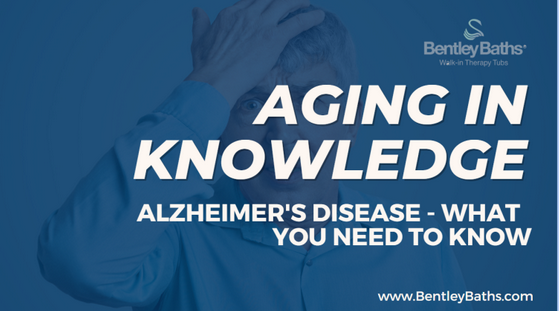Alzheimer’s Disease – Causes, Symptoms & Stages

Alzheimer’s disease is a neuron-degenerative disorder that affects the brain and can lead to memory loss, cognitive decline, and changes in behavior and personality.
Each person’s progression of Alzheimer’s disease is unique and might start years before symptoms first occur. It is brought on by the abnormal buildup of proteins in the brain, which harms and kills neurons. The condition is currently incurable, and treatments only work to control symptoms and slow the disease’s course. To eventually find a cure, researchers are actively attempting to create novel therapies while understanding the fundamental causes of the illness.
It is the most common cause of dementia in older adults, and it is estimated that over 5 million people in the United States alone have the disease.
CAUSES:
The exact cause of Alzheimer’s disease is not fully understood, but it is believed to be a combination of genetic, environmental, and lifestyle factors. Research has identified several risk factors that may increase the likelihood of developing the disease, including age, family history, head injuries, and certain medical conditions such as diabetes and high blood pressure.
SYMPTOMS:
The symptoms of Alzheimer’s disease typically begin with mild memory loss and difficulty with everyday tasks, such as remembering appointments or managing finances. As the disease progresses, individuals may experience more severe memory loss, confusion, and difficulty communicating. Other symptoms may include changes in mood and personality, as well as difficulty with movement and coordination.
STAGES:
Alzheimer’s disease is typically divided into three stages: mild, moderate, and severe. In the mild stage, individuals may experience mild memory loss and difficulty with daily tasks but are still able to live independently. In the moderate stage, symptoms become more severe and may include confusion, disorientation, and difficulty with communication. In the severe stage, individuals may require round-the-clock care and may lose the ability to communicate and perform basic tasks.
HOW TO AVOID IT:
While there is no known cure for Alzheimer’s disease, there are steps that individuals can take to reduce their risk of developing the disease. These include:
- Staying mentally and physically active: Engaging in activities that challenge the brain, such as reading, writing, and puzzles, may help to reduce the risk of cognitive decline. Regular exercise and a healthy diet may also help to reduce the risk of developing Alzheimer’s disease.
- Managing chronic conditions: Conditions such as high blood pressure, diabetes, and high cholesterol may increase the risk of developing Alzheimer’s disease. Managing these conditions through medication, diet, and exercise may help to reduce the risk.
- Maintaining social connections: Staying socially active and maintaining strong relationships with family and friends may help to reduce the risk of cognitive decline.
Alzheimer’s disease is a complex and devastating condition that affects millions of people worldwide. While there is no known cure, taking steps to reduce risk factors and maintain a healthy lifestyle may help to reduce the risk of developing the disease. If you or a loved one is experiencing symptoms of Alzheimer’s disease, it is important to seek medical advice and support as soon as possible.
Dont let Alzheimers Disease catch you off guard- arm yourself with knowledge and awareness.
Its never too early to start practicing good brain health! Keep your mind sharp and reduce your risk of Alzheimers disease with healthy lifestyle
Monday motivation? Nah, i have got LIFE motivation. Dont just talk the talk, walk the HAPPY walk 🚶♀️🚶♂️
The secret to happiness? Taking action and never giving up! Lets do this!👊✨








